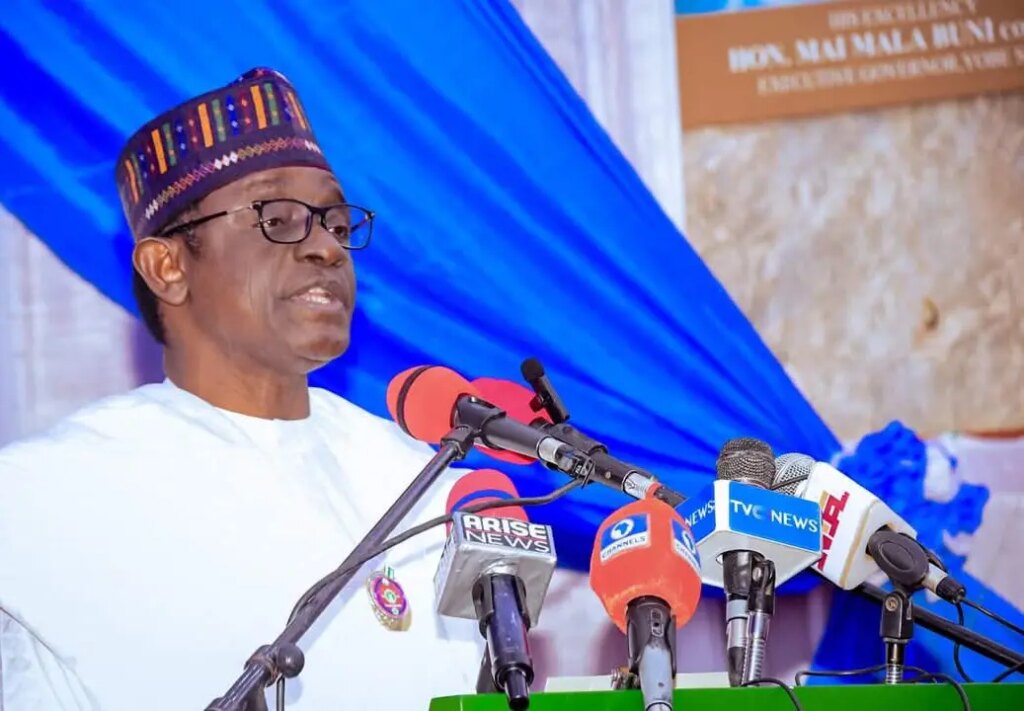Yobe State Governor Mai Mala Buni has appointed former federal lawmaker Ismaila Ahmed Gadaka as the new traditional ruler of Gudi, following the death of Emir Alhaji Isa Bunuwa Madugu Ibn Kaji last week. The announcement, confirmed Saturday by state officials, marks a transition in leadership for the northeastern Nigerian community.
Gadaka, previously known by the traditional title Yariman Gudi (Prince of Gudi), brings extensive public service experience to the role. He represented the Fika/Fune constituency in Nigeria’s House of Representatives from 2011 to 2019 and served as Yobe State Commissioner between 2007 and 2010. Currently, he chairs the Governing Council of the Federal College of Education in Kebbi State and oversees a local government project oversight committee. His career began in banking, rising to business manager roles at United Bank for Africa (UBA) and Standard Trust Bank.
The late Emir, whose death in Abuja was attributed to a prolonged illness, had governed the traditional domain for years. Gadaka’s appointment, ratified by the governor’s office, underscores the fusion of modern governance and hereditary leadership common in northern Nigeria. A statement from Shuaibu Abdullahi, press secretary to Yobe’s Secretary to the State Government, highlighted Gadaka’s “diverse expertise across public and private sectors” as pivotal to his selection.
Local observers note the seamless transition reflects established protocols for maintaining stability in traditional institutions. The new Emir’s dual roles in education and project oversight are expected to align with community development priorities in Gudi. While the position is largely ceremonial, it holds cultural significance in mediating local affairs and preserving heritage.
The succession occurs amid broader discussions in Nigeria about modernizing traditional institutions while respecting their historical influence. Gadaka’s blend of political, financial, and educational backgrounds positions him as a bridge between contemporary governance models and time-honored customs. His immediate priorities may include addressing socioeconomic challenges in the region, leveraging his administrative experience to collaborate with state authorities.
As Yobe residents prepare for coronation ceremonies, the focus remains on continuity. The late Emir’s legacy, marked by advocacy for grassroots development, sets expectations for his successor to uphold community-centric leadership. Gadaka’s trajectory—from banking to federal lawmaking and now monarchy—exemplifies the intersection of Nigeria’s dynamic professional landscape with its enduring traditional frameworks.
